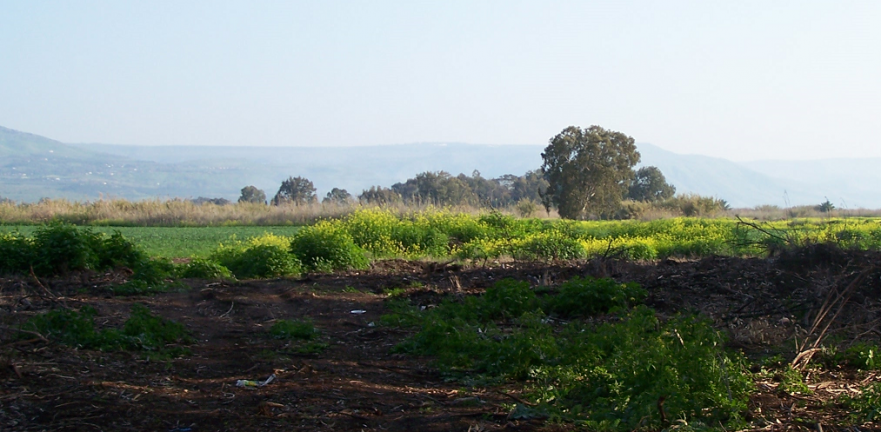In this lecture, David Pileggi examines the Jewish origin of discipleship, which is founded on the principle of the imitation of God. Pileggi shows how discipleship is related to the repeated statement in Leviticus, “Be holy, for I am holy,” and discusses how this biblical theme informed the teachings of Jesus.
On “Blood” in the Apostolic Decree (Acts 15:19-20)

Flusser and Safrai’s premise is that “blood” in this passage does not refer to the consumption of blood but rather to murder. They conclude that the apostolic decision prohibiting eating meat sacrificed to idols, fornication, and blood is equal to the rabbinic decree that under penalty of death a Jew may violate any of the commandments of the Torah with the exception of idolatry, adultery and murder.
Unconditional Love

My wife, Lenore, and I have dealt with a great many people who, because of various circumstances in their life, are unable to feel loved—by God or anyone else. In fact, they often describe how they feel as “numb” or “empty.” They often view themselves as unattractive, unlovable, and worthless. This is in spite of the fact that many of these people are considered successful in their chosen field.
Gentiles Demand All These Things

Jesus’ homily on worry (Matt. 6:25-34 ∥ Luke 12:22-31) is compared with two other ancient Jewish texts. All three sources describe gentiles as people obsessed with the basic necessities of food and drink and clothing.
Covered in the Dust of Your Rabbi: An Urban Legend?

Some months ago, pastor-blogger Trevin Wax posted an article called “Urban Legends: The Preacher’s Edition.” There he lists several “urban legends” that he’s heard floating around lately in sermons. Like Internet rumors that people forward on ad infinitum, these preaching illustrations don’t have much grounding in fact.
Lord’s Prayer

David Bivin and Joshua Tilton envision how the Lord’s Prayer might have been formulated in its original language and explore the ancient Jewish context to which the Lord’s Prayer belongs.
Cataloging the Gospels’ Hebraisms: Part Two (Luke 9:51-56)

Relatively few of the suggested Semitisms underlying the Greek New Testament constitute clear-cut proof for a Hebrew undertext, but a high density of Hebraisms in a given passage increases the probability that it is “translation Greek.”
The Jewish Cultural Nature of Galilee in the First Century

The prevailing opinion among New Testament scholars is that first-century Galilee was culturally and spiritually deprived, and that, therefore, Jesus came from an underdeveloped and backward Jewish region of the land of Israel. Professor Safrai here presents massive evidence against this view.
Evidence of an Editor’s Hand in Two Instances of Mark’s Account of Jesus’ Last Week?
It has been noted that in instances where Mark’s editorial hand restructured his story, Luke has preserved a more primitive form of the account, a form that is independent of Mark’s influence. Gospel scholars need to properly evaluate Mark’s editorial style and acknowledge that frequently a theological agenda influenced his rewriting.


